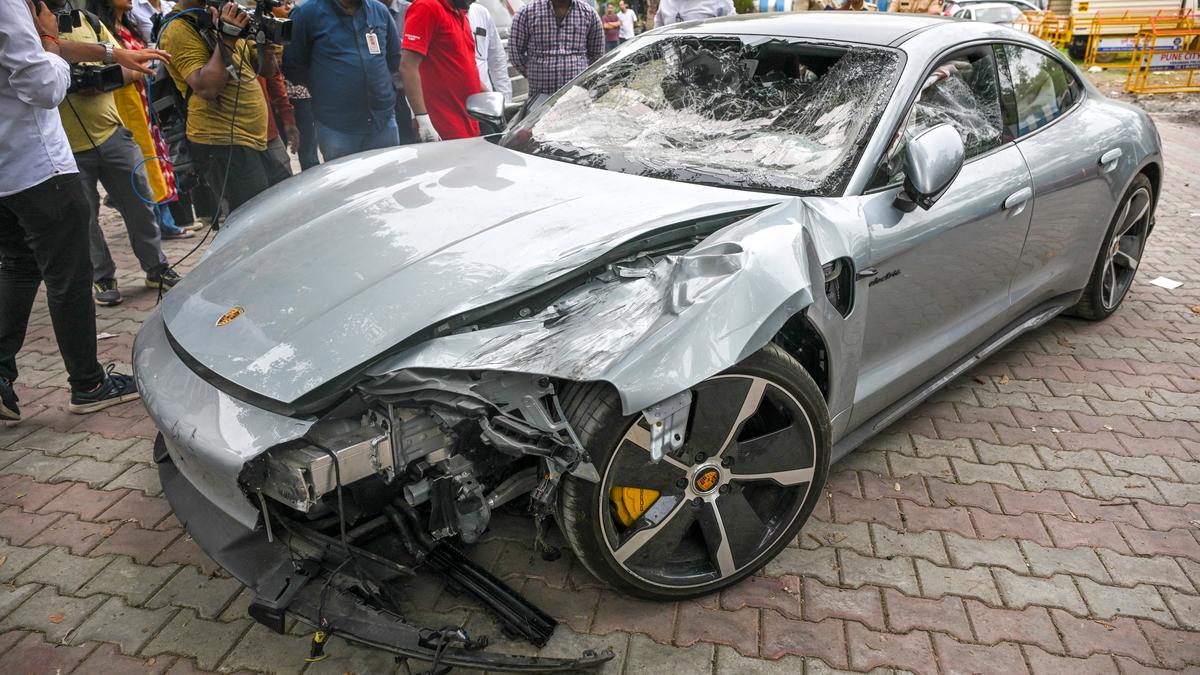Viral
Bombay High Court overturns detention of teen in infamous Porsche hit-and-run case

The Bombay High Court has ruled that the 17-year-old accused in the infamous Pune Porsche hit-and-run case must be released from detention immediately. This controversial decision has reignited the debate surrounding the treatment of juvenile offenders, particularly in cases involving serious crimes.
On the fateful night of May 19th, a young man behind the wheel of a high-powered Porsche sedan found himself at the center of a tragic incident that claimed the lives of two promising 24-year-old engineers. The late-night dash through the streets of Pune sparked nationwide outrage, with many calling for swift and severe punishment for the teenager.
However, the Bombay High Court, in its wisdom, has chosen to take a different approach. The bench of Justice Bharati Dangre and Justice Manjusha Deshpande has emphasized that the court is “bound by law, the aims and objectives of the Juvenile Justice Act” and must treat the accused as a “child in conflict with law” separately from an adult, despite the gravity of the crime.
The court has observed that the Juvenile Justice Board’s order, which had remanded the teenager to an observation home, was “illegal and passed without jurisdiction.” Instead, the court has clarified that the primary objective is rehabilitation, and the accused has been referred to a psychologist for ongoing sessions.
The ruling came in response to a habeus corpus petition filed by the accused’s aunt, who had sought his release from the government observation home. The court’s decision was based on the clear provisions of Section 12 of the Juvenile Justice Act, which states that a child in conflict with the law cannot be detained.
The court also noted that the accused’s parents and grandfather have been arrested for an attempted cover-up, further emphasizing the need for a rehabilitative approach rather than a punitive one.
Prashant Patil, the lawyer representing the accused’s aunt, has stated that the court’s ruling is a clear-cut case of the law being followed. He asserted that “a child in conflict with law cannot be detained in the manner in which he was detained in this case.”
This decision has reignited a nationwide debate on the appropriate treatment of juvenile offenders, particularly in cases involving serious crimes. While some may argue for a tougher stance, the Bombay High Court’s emphasis on rehabilitation and the aims of the Juvenile Justice Act has highlighted the complexities involved in balancing justice and compassion. The case has once again brought to the forefront the challenges inherent in the juvenile justice system, where the goal of rehabilitation must be weighed against the need for accountability and public safety. As the nation grapples with the implications of this ruling, it is clear that the path forward will require a delicate balance of justice, empathy, and a steadfast commitment to shaping a more just and compassionate society.














